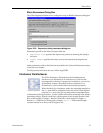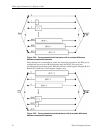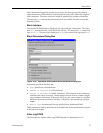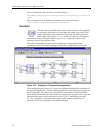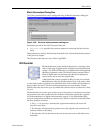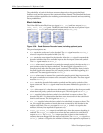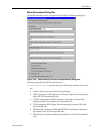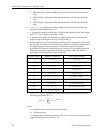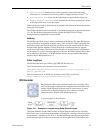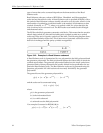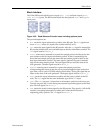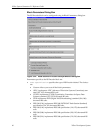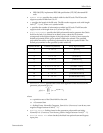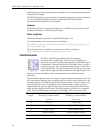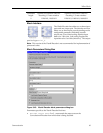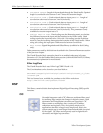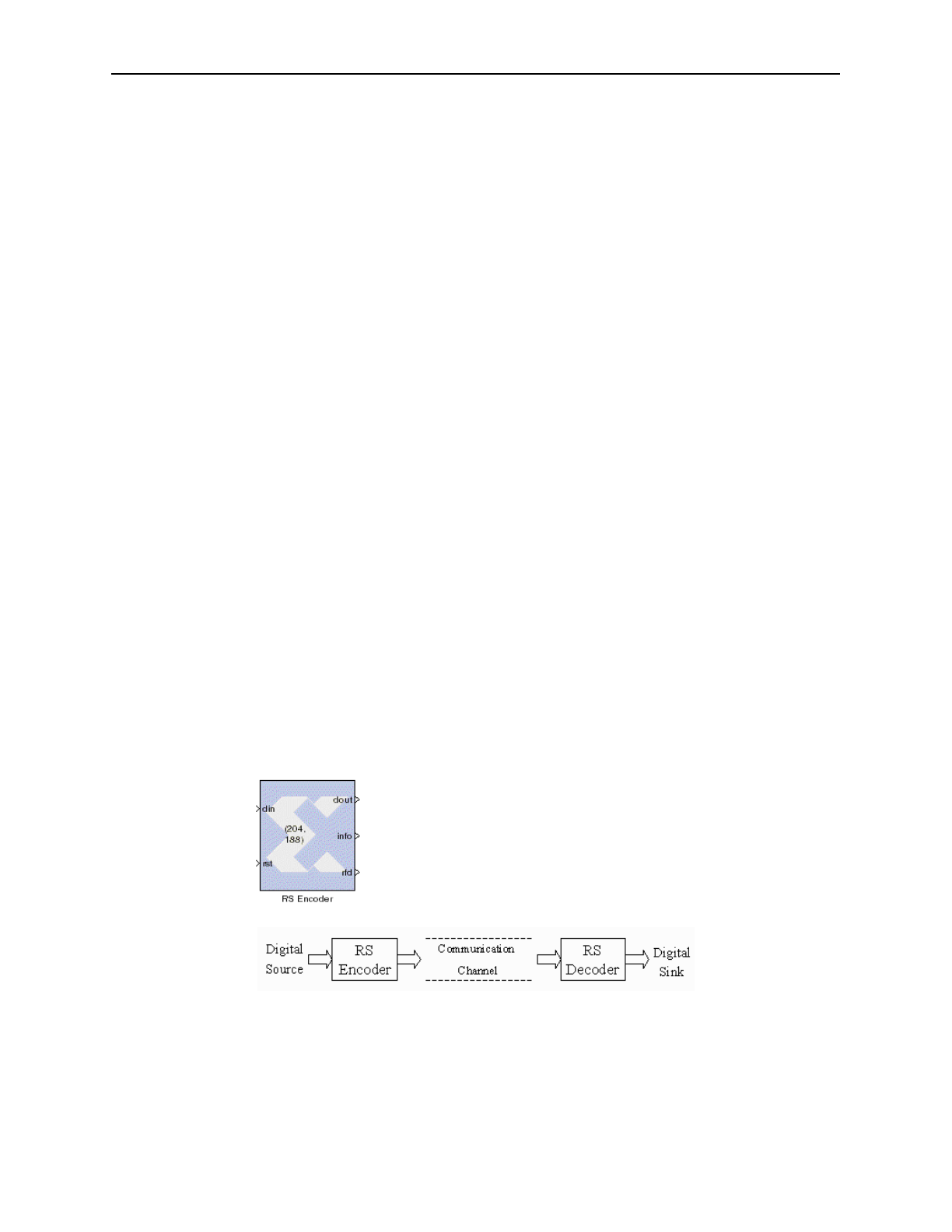
Communication 63
Xilinx Blocks
• Scaling Factor: Scaling factor for the generator polynomial root index.
Normally h is 1; however, it can be any positive integer between 1 and (2
16
-1).
• Provide Start Pin: when checked, the block has optional start input pin.
• Enable Erasure Decoding: when checked, the block has optional pins erase
at the input and erase_cnt at the output.
Other parameters used by this block are described in the Common Parameters section
of the previous chapter.
The RS Decoder block cannot be placed in an enabled subsystem in System Generator
v2.1. See the Enabled Subsystems section (within the MATLAB I/O library
documentation) explanation for more details.
Latency
The RS Decoder block always accepts continuous code blocks. The same RS Decoder
core is sometimes overclocked using the core’s Clock Periods Per Symbol parameter. In a
multirate system, the Clock Periods Per Symbol is set to the maximum of the rate of
decoder block and the number of Clock Periods Per Symbol required to support
continuous code blocks. The latency of the decoder in sample periods is dependent
on the values of n, error correcting capacity of the code and Clock Periods Per Symbol
set by the block. The latency of the RS decoder block is always equal to the latency
returned by the RS Decoder core + 3.
Xilinx LogiCore
The RS Decoder block uses Xilinx LogiCORE: RS Decoder v2.0.
The Core datasheet can be found on your local disk at:
%XILINX%\coregen\ip\xilinx\eip1\com\xilinx\ip\rs_decoder_v2_0\
doc\rs_decoder.pdf
This is a licensed core, available for purchase on the Xilinx web site at:
http://www.xilinx.com/ipcenter/reed_solomon
RS Encoder
Reed-Solomon (RS) codes are block-based error correcting codes
with a wide range of applications in digital communications and
storage. Reed-Solomon codes are used to correct errors in many
systems such as digital storage devices, wireless or mobile
communications, digital video broadcasting, etc.
A typical system is shown below:
Figure 3-41: Example of a system using Reed-Solomon codes
The Reed-Solomon encoder takes a block of digital data and adds extra, redundant
bits. Errors may occur during transmission or storage for a number of reasons (noise
or interference, scratches on a CD, etc.). The Reed-Solomon decoder processes each
block and attempts to correct errors and recover the original data. The number and



